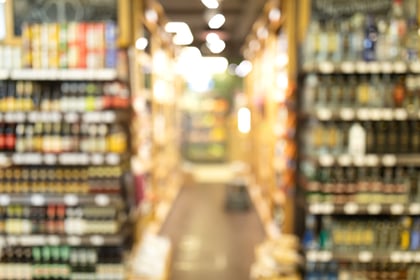When it comes to driving brand promotion in the alcohol industry, many companies dismiss the age-old sales tactic: spiffs. A spiff, short for "special promotion incentive fund," is a short-term bonus or reward offered to sales representatives or retailers to encourage them to push a particular product.
How Spiffs Work
The idea behind spiffs is simple: by offering an attractive incentive, brands can motivate their sales force to prioritize a specific product and put in extra effort to sell it. This can be especially effective when launching a new item or trying to boost sales of an underperforming one.
Types of Incentives
The incentives offered through spiffs can range from cash bonuses and gift cards to more extravagant rewards like trips or exclusive experiences. The key is to find something that will truly motivate the sales team and get them excited about the product they're pushing.
Creating a Sense of Urgency and Competition
When implemented effectively, spiffs can create a sense of urgency and friendly competition among the sales force. They tap into the natural drive that many salespeople have to be the best and can foster a sense of camaraderie as everyone works towards a common goal.
Strategic Implementation
However, it's important for brands to use spiffs judiciously and strategically. Overusing them can lead to diminishing returns, and offering lackluster incentives can actually have a negative impact on morale. The most successful spiff programs are those that are well-planned, intelligently structured, and genuinely motivating for the sales team.
The Bottom Line
Ultimately, while spiffs may seem like a simple tactic, they can be a powerful tool in an alcohol brand's promotional arsenal. By leveraging the competitive spirit of their sales force and offering meaningful incentives, brands can drive increased awareness, trial, and sales of their products. So the next time you see a major alcohol brand running a promotion, there's a good chance that spiffs are playing a role behind the scenes.




